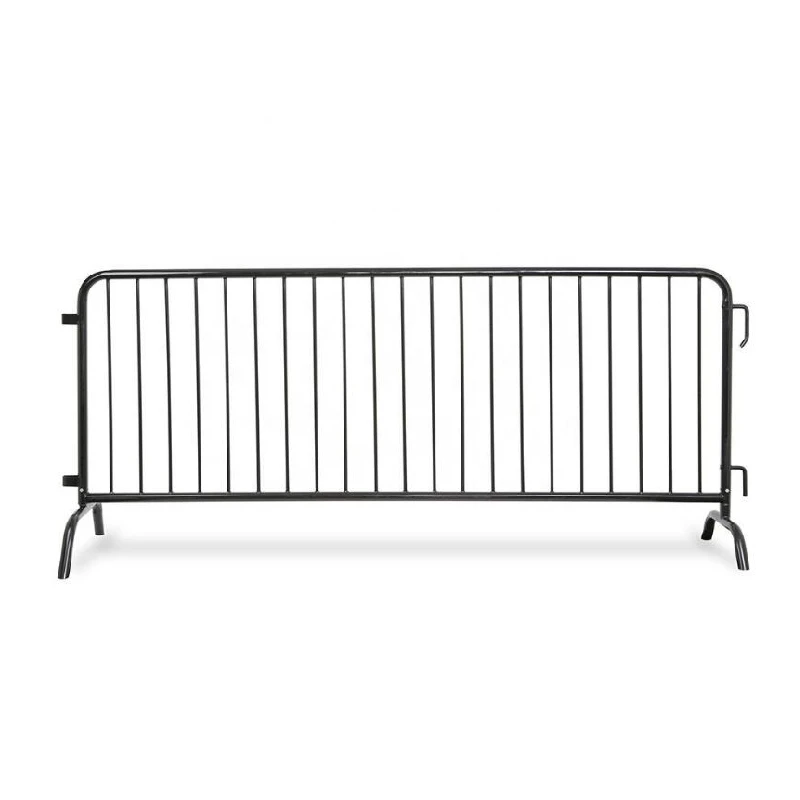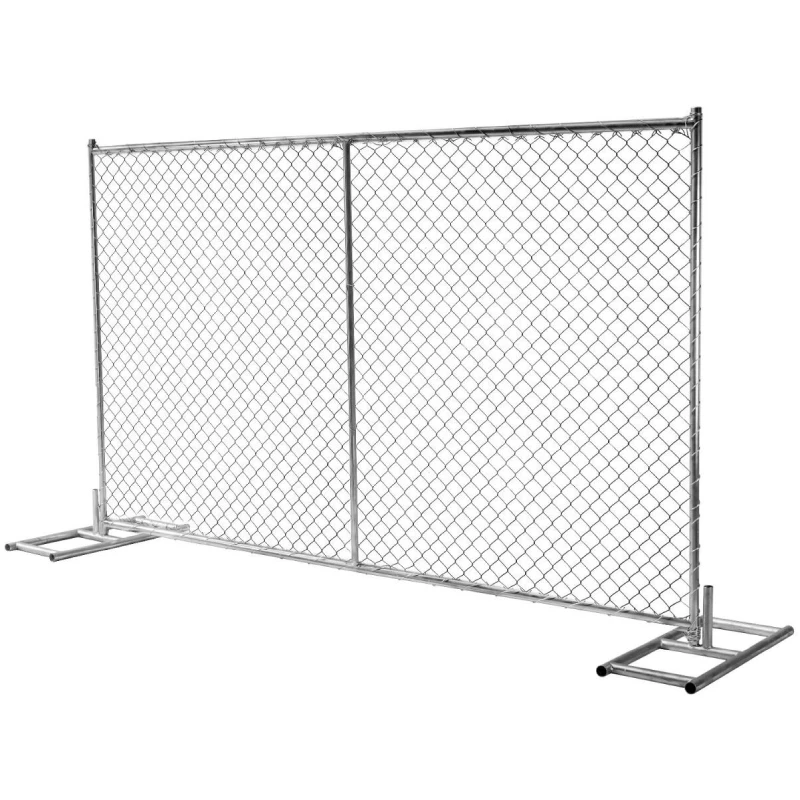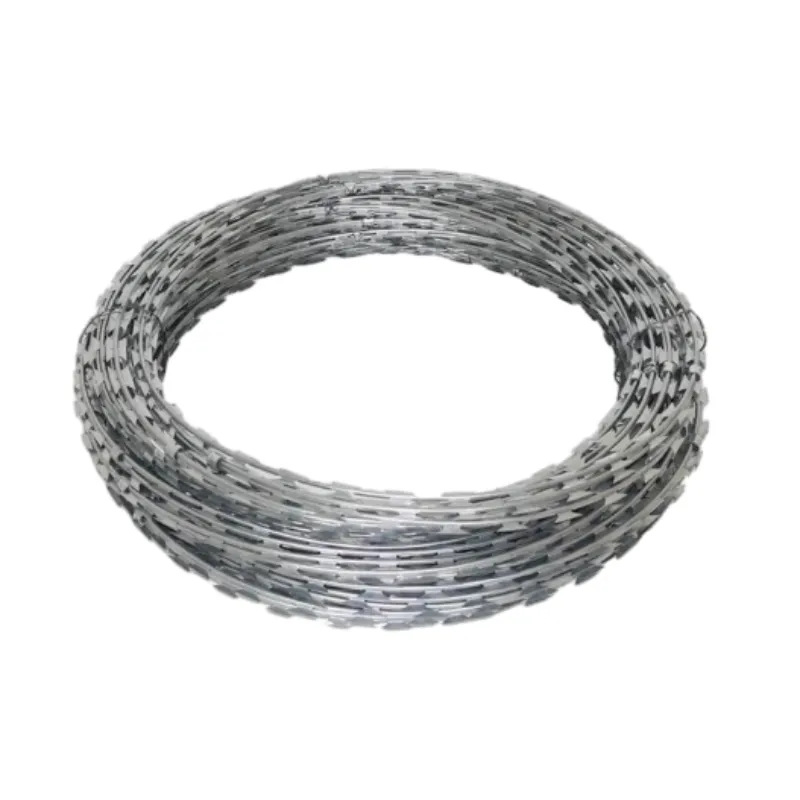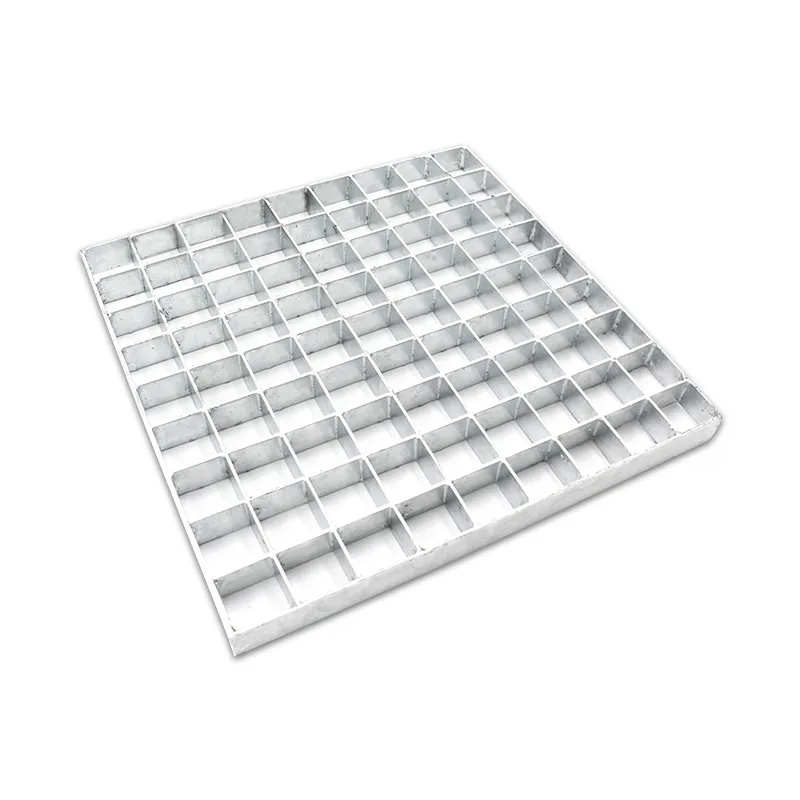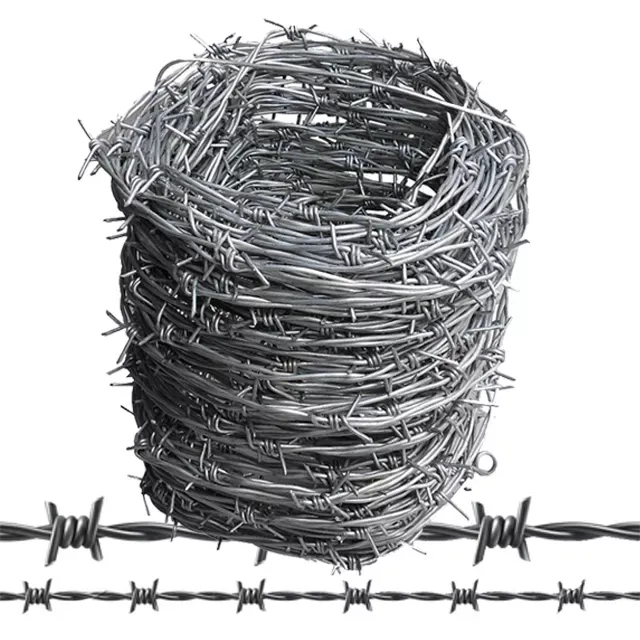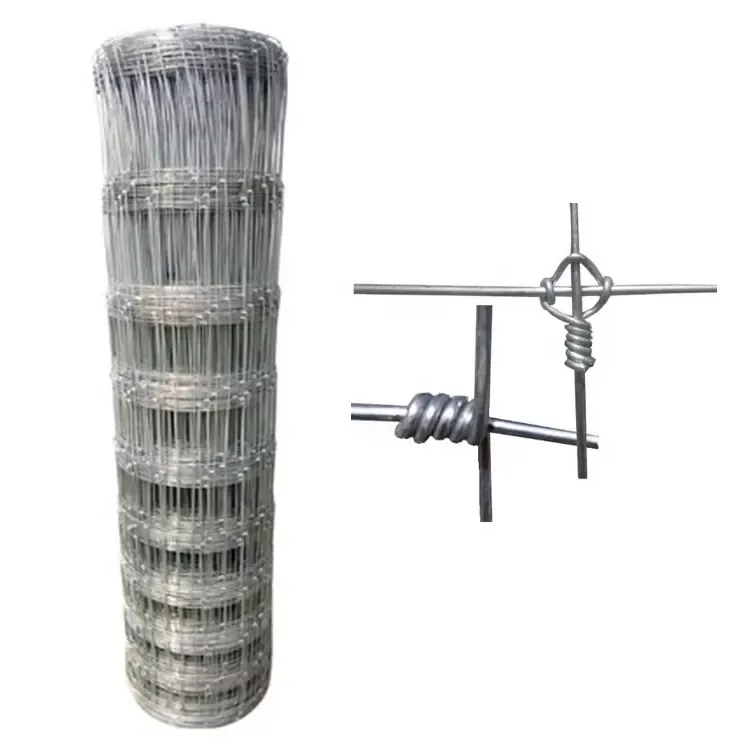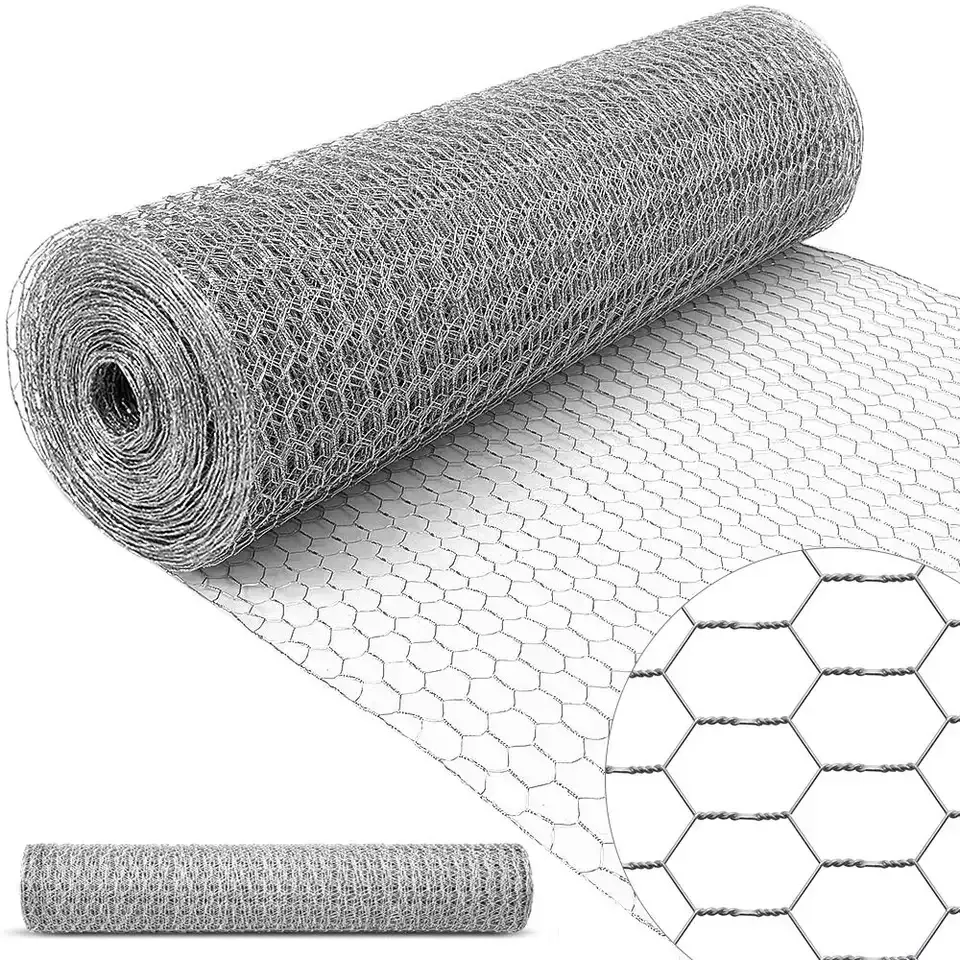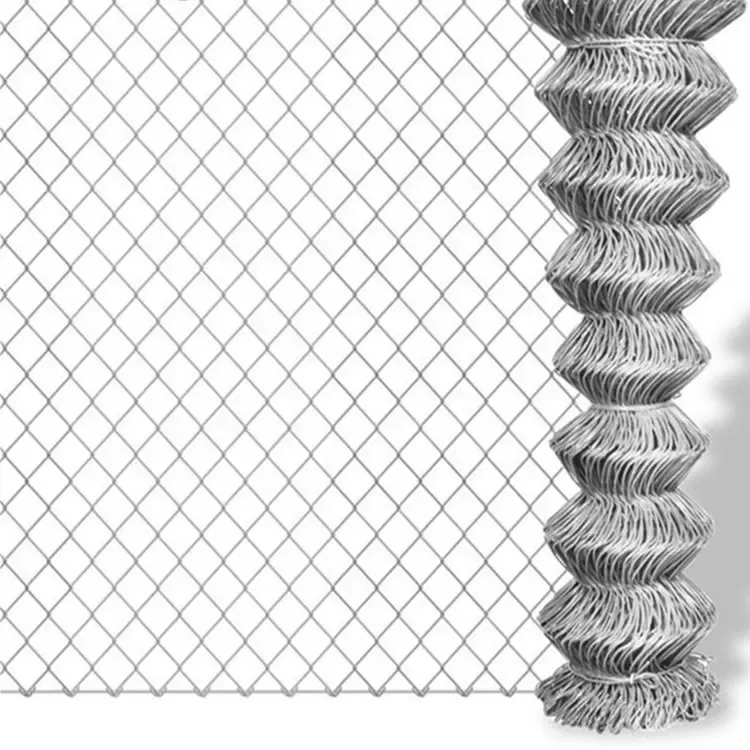
- Afrikaans
- Albanian
- Arabic
- Armenian
- Azerbaijani
- Basque
- Belarusian
- Bengali
- Bosnian
- Bulgarian
- Croatian
- Czech
- Danish
- Dutch
- English
- Esperanto
- Estonian
- Finnish
- French
- Galician
- Georgian
- German
- Greek
- hawaiian
- Hindi
- Hungarian
- Indonesian
- irish
- Italian
- Lao
- Latvian
- Lithuanian
- Luxembourgish
- Macedonian
- Maltese
- Myanmar
- Norwegian
- Polish
- Portuguese
- Romanian
- Russian
- Serbian
- Slovak
- Somali
- Spanish
- Swedish
- Thai
- Turkish
- Turkmen
- Vietnamese
Ara . 21, 2024 13:46 Back to list
installing barbed wire fence
Installing Barbed Wire Fence A Comprehensive Guide
Barbed wire fencing has been a staple in agricultural and industrial settings for decades. It serves various purposes, from keeping livestock contained to securing property perimeters. Installing a barbed wire fence may seem daunting, but with the right tools, materials, and guidance, it can be a manageable DIY project. Here’s a comprehensive guide to help you through the process.
Step 1 Planning the Fence Line
Before you begin, it’s important to plan out your fence line. Decide on the exact location where you want to install the barbed wire fence, taking note of any property lines, existing structures, and potential obstacles like trees and rocks. Mark the corners of your fence line with stakes and use a string line to visualize the straight path. It is essential to check local laws and regulations regarding fence installation, as there may be specific requirements regarding height, type of fence, and distance from property lines.
Step 2 Gathering Materials and Tools
You will require the following materials to install a barbed wire fence
- Barbed wire (the type and gauge depend on your needs) - Fence posts (either wooden or metal) - Wooden or metal post caps - Wire tensioners and fence staples - Nails or screws - Concrete mix (if using wooden posts) In terms of tools, ensure you have
- A post hole digger or auger - A hammer or power drill - Pliers - Wire cutters - Level - Measuring tape - Safety gloves and goggles
Step 3 Setting the Posts
Start by installing the corner and terminal posts first, as these will bear the tension of the wire. Using your post hole digger, create holes that are at least 2-3 feet deep (or more depending on the height of your fence). Set your posts in the holes, ensuring they are straight using a level. For wooden posts, fill the holes with concrete to secure them; for metal posts, follow the manufacturer’s installation instructions.
Allow adequate time for the concrete to cure (usually 24-48 hours) before proceeding
.installing barbed wire fence

Step 4 Installing Brace Posts
Brace posts are essential for providing stability to the fence. Install a brace post next to your corner posts, setting it at a 45-degree angle. This will help maintain tension in the fence and reduce bending or warping over time. Attach the brace post to the corner post using metal brackets or screws.
Step 5 Running the Barbed Wire
Now it’s time to run the barbed wire. Start at one end of your fence line, securing the wire to the terminal post. Unroll the wire along the length of the fence, ensuring it stays taut as you progress. Use tensioners to adjust the tightness if necessary. Attach the barbed wire to the intermediate posts using fence staples or wire ties, ensuring that the barbs are facing outward to deter animals and intruders.
Step 6 Adding Additional Strands
For added security, consider installing multiple strands of barbed wire. Commonly, fences have two to five strands, spaced evenly apart. Follow the same process as outlined above for each additional strand, ensuring they are parallel and securely fastened.
Step 7 Finishing Touches
Once all strands of barbed wire are installed, go along the fence line and check for any loose areas or sharp points. Trim any excess wire and ensure that all barbs are secure. Finally, install post caps on the fence posts to protect them from weather damage.
Conclusion
Installing a barbed wire fence can be a rewarding project, offering security and restraint while adding an appealing aesthetic to your property. With careful planning, the right tools, and diligent installation, your barbed wire fence can stand the test of time. Always remember to follow safety precautions and consult professionals when necessary to ensure a successful installation. Whether you are enclosing livestock, protecting crops, or securing your property, a well-constructed barbed wire fence can serve you effectively for years to come.
-
Versatile Sheep and Livestock Hurdles for Sale
NewsApr.14,2025
-
The Rise of BRC Fencing
NewsApr.14,2025
-
High-Quality Cattle and Horse Panels for Sale
NewsApr.14,2025
-
Durable Cattle Fencing Solutions
NewsApr.14,2025
-
Double Wire Fencing Solutions
NewsApr.14,2025
-
360 Degree Protection with 358 Anti-Climb Fences
NewsApr.14,2025


